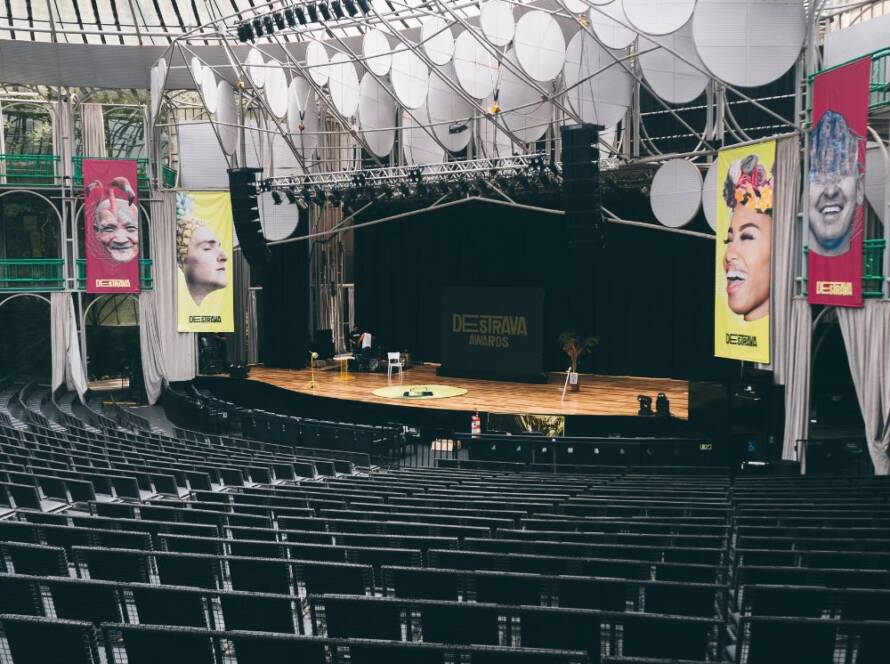Planning an event, whether it’s a corporate conference, a dream wedding, or a milestone birthday party, can be exciting but also overwhelming. That’s where event planners come in. They’re the professionals who can take your vision and turn it into a reality, handling all the logistics and details so you can relax and enjoy the process. But with so many event planners out there, how do you choose the right one for your needs? This guide will walk you through the key factors to consider:
1. Define Your Event and Needs:
Before you start contacting event planners, be clear about what you want. Ask yourself:
- What type of event is it? (Corporate, wedding, social, etc.)
- What is your budget? (Have a realistic budget in mind before you start the search.)
- What is the size of your event? (Estimate your guest count.)
- What are your must-haves? (Specific vendors, themes, or activities.)
- What is your timeline? (How much time do you have to plan?)
2. Look for Specialization:
Not all event planners are created equal. Some specialize in certain types of events, like weddings or corporate gatherings. Others may focus on specific aspects of event planning, such as décor or catering. Look for a planner whose expertise aligns with your event needs. For instance, if you’re planning a destination wedding in the mountains, you might want to look at event management companies in Shimla, as they will likely have experience with local vendors and venues.
3. Check Experience and Portfolio:
- Years in Business: How long has the planner been in business? Experience matters.
- Portfolio: Review their past work. Do their events reflect your style and vision? Ask for case studies or testimonials from previous clients.
- References: Don’t hesitate to ask for references and contact them to inquire about their experience with the planner.
4. Consider Communication Style:
Effective communication is crucial for a successful event. Choose a planner who is responsive, listens to your ideas, and communicates clearly and regularly. Do you feel comfortable talking to them? Do they seem genuinely interested in your event?
5. Discuss Budget and Fees:
Event planners typically charge in one of several ways:
- Percentage of overall event budget: This is a common model, where the planner takes a percentage of the total cost of the event.
- Flat fee: The planner charges a fixed fee for their services.
- Hourly rate: The planner charges an hourly rate for their time.
Be sure to discuss their fee structure upfront and get everything in writing. Understand what services are included in their fees and what are considered extra expenses.
6. Ask About Vendor Relationships:
Event planners often have established relationships with vendors, such as caterers, florists, and photographers. Ask about their vendor network and whether they can negotiate discounts on your behalf. However, also ensure they are open to working with vendors you prefer.
7. Trust Your Gut:
Ultimately, choosing an event planner is also about finding someone you connect with on a personal level. You’ll be working closely with this person, so it’s important to choose someone you trust and feel comfortable with.
8. Get Everything in Writing:
Once you’ve chosen a planner, make sure you have a contract that outlines all the details of your agreement, including the scope of services, fees, payment schedule, and cancellation policy.
9. Local Expertise (If Applicable):
For events in specific locations, consider planners with local expertise. For example, if you’re planning a large event and are looking at event management companies in Shimla, they will likely have a deeper understanding of the local venues, vendors, and regulations.
10. Don’t Be Afraid to Interview Multiple Planners:
It’s perfectly acceptable to interview several event planners before making a decision. This will give you a better sense of your options and help you find the right fit for your needs.
By following these tips, you’ll be well-equipped to choose the right event planner who can bring your vision to life and create a truly memorable event.



